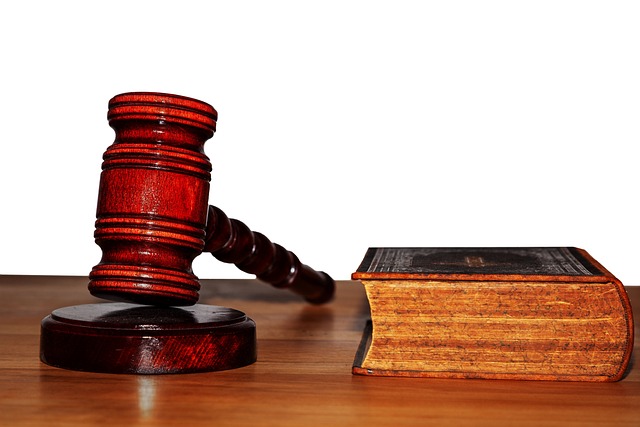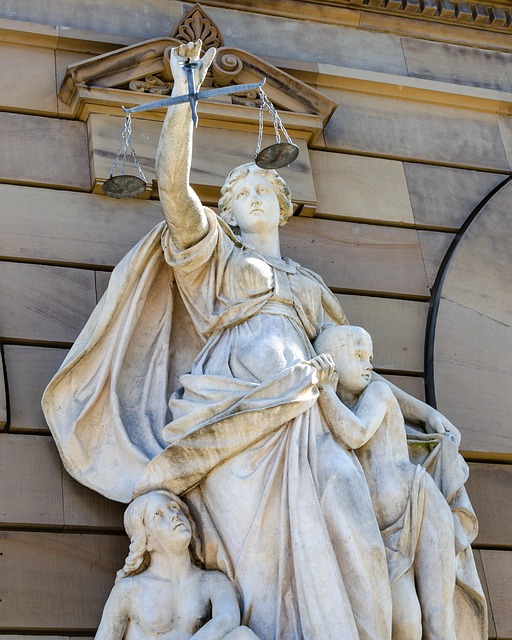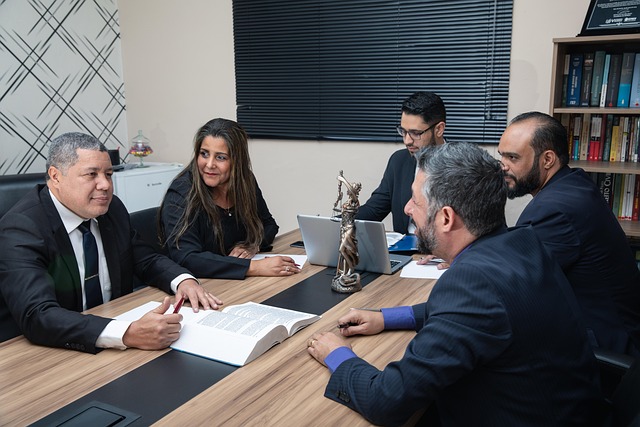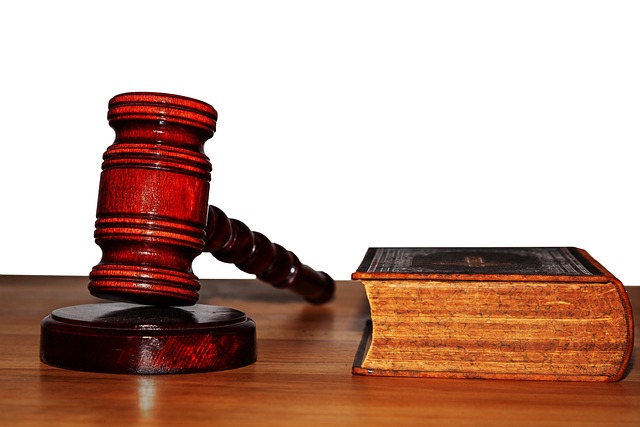
Category: Lakewood Colorado Misdemeanor Representation
Lakewood Colorado Misdemeanor Representation: A Comprehensive Exploration
Introduction
In the complex legal landscape of Colorado, the city of Lakewood stands out for its innovative approach to misdemeanor representation. This article delves into the intricate world of Lakewood Colorado Misdemeanor Representation, exploring its definition, historical development, global impact, and its pivotal role in shaping modern legal practices. By examining various facets, from economic implications to technological advancements, we aim to provide a comprehensive understanding of this unique system and its potential future trajectory. Through case studies and expert insights, readers will gain valuable knowledge about an approach that has garnered international recognition for its effectiveness.
Understanding Lakewood Colorado Misdemeanor Representation
Definition: Lakewood Colorado Misdemeanor Representation refers to the legal process by which individuals charged with misdemeanors in Lakewood, Colorado, receive advocacy and representation tailored to their specific needs. It involves a dedicated team of lawyers, paralegals, and support staff who work collaboratively to ensure fair treatment and optimal outcomes for clients facing misdemeanor charges.
Core Components:
-
Legal Defense: The primary focus is on providing robust legal defense strategies, including motion practice, negotiations with prosecutors, and comprehensive trial representation.
-
Client Advocacy: This system emphasizes individual advocacy, ensuring that each client receives personalized attention and support throughout the legal process.
-
Community Engagement: Lakewood fosters a collaborative environment where community members and legal professionals work together to address misdemeanor-related issues, promote restorative justice, and reduce recidivism.
Historical Context: The concept of specialized misdemeanor representation emerged in response to rising concerns about the overburdened criminal justice system and the unique challenges faced by individuals accused of misdemeanors. Lakewood took a pioneering approach by establishing a dedicated misdemeanor unit within its legal department, marking a significant shift from traditional practices. This innovation aimed to provide more efficient and effective legal services to its residents.
Significance: Lakewood Colorado Misdemeanor Representation has gained recognition for several reasons:
-
Access to Justice: It ensures that individuals accused of misdemeanors have access to high-quality legal representation, empowering them to navigate the complexities of the criminal justice system.
-
Efficiency and Cost-Effectiveness: By specializing in misdemeanors, the city can allocate resources more efficiently, potentially reducing costs for both the municipality and its residents.
-
Restorative Justice and Community Healing: The community-focused approach promotes restorative practices, emphasizing rehabilitation and reconciliation rather than solely punishment.
Global Impact and Trends
The Lakewood model has captured international attention, inspiring similar initiatives worldwide. Here’s a global outlook:
| Region | Implementation | Notable Features |
|---|---|---|
| North America | Numerous cities in the US have adopted specialized misdemeanor units, inspired by Lakewood’s success. | Emphasis on restorative justice, early diversion programs, and community service as alternatives to prosecution. |
| Europe | Some European countries are exploring similar models, especially in urban areas with high misdemeanor rates. | Focus on streamlining legal processes and providing cost-effective solutions for minor offenses. |
| Asia Pacific | Cities in Japan and South Korea have shown interest, adapting the concept to their cultural and legal contexts. | Integration of technology for efficient case management and online legal education for defendants. |
| Middle East | Limited adoption but growing awareness of restorative justice practices. | Challenges include cultural barriers and differing legal traditions. |
Economic Considerations
Market Dynamics:
- Legal Services Demand: Lakewood’s approach has led to a higher demand for specialized misdemeanor representation, fostering growth in legal service providers offering such services.
- Competitive Landscape: The city’s initiative may encourage other municipalities to outsource legal services, creating opportunities for local and regional law firms.
Investment Patterns:
- Public-Private Partnerships: Lakewood could explore partnerships with private legal firms to enhance expertise and resources while maintaining cost-effectiveness.
- Technology Investments: Implementing case management software and digital tools can streamline operations, reduce costs, and improve service delivery.
Technological Advancements
- Online Case Management Systems: Digital platforms enable efficient tracking of misdemeanor cases, improving communication between clients, lawyers, and court personnel.
- Legal Research Tools: Advanced legal research databases assist lawyers in quickly accessing relevant case law and statutes, enhancing the quality of representation.
- Video Conferencing: During the COVID-19 pandemic, video conferencing became vital for remote hearings and consultations, ensuring continuity in legal services.
- Artificial Intelligence (AI): AI-powered tools can analyze legal documents, predict outcomes, and provide insights, aiding lawyers in case strategy development.
Policy and Regulation
- Colorado State Laws: Colorado’s criminal code and rules of procedure govern misdemeanor cases, with provisions for plea bargaining, sentencing, and appeal rights.
- Local Policies: Lakewood has implemented policies encouraging restorative justice practices, alternative dispute resolution, and community service as viable options for misdemeanors.
- Court Rules: Local court rules facilitate the efficient management of misdemeanor cases, including deadlines, discovery procedures, and evidentiary standards.
- Privacy and Data Protection: With the increased use of technology, ensuring client data privacy and security is essential, adhering to relevant state and federal regulations.
Case Studies: Success Stories
Case 1: Restorative Justice in Action
A young woman was charged with a misdemeanor for public intoxication. Through Lakewood’s specialized representation, she received counseling and support services instead of prosecution. This approach led to successful rehabilitation, reducing the risk of future offenses and fostering community healing.
Case 2: Efficient Case Management
Implementing a digital case management system allowed lawyers to quickly access client records, automate court notifications, and efficiently track case progress. This streamlined process resulted in reduced docket times and improved client satisfaction.
Challenges and Future Directions
- Funding and Resource Allocation: Ensuring sustained funding for specialized misdemeanor representation is crucial for long-term success.
- Technology Integration: Balancing technological advancements with the human element is essential to maintain personal connections and empathy in legal practice.
- Community Engagement: Continuously involving community members and stakeholders in policy development ensures that the approach remains relevant and responsive to local needs.
Conclusion
Lakewood Colorado Misdemeanor Representation represents a forward-thinking approach to criminal justice, offering a model for cities worldwide to improve legal services for misdemeanor offenders. By combining efficient case management, restorative justice practices, and technological innovations, Lakewood has set a benchmark for effective and compassionate legal representation. As the global landscape of criminal justice evolves, this system’s impact and potential for adaptation will undoubtedly continue to grow.









